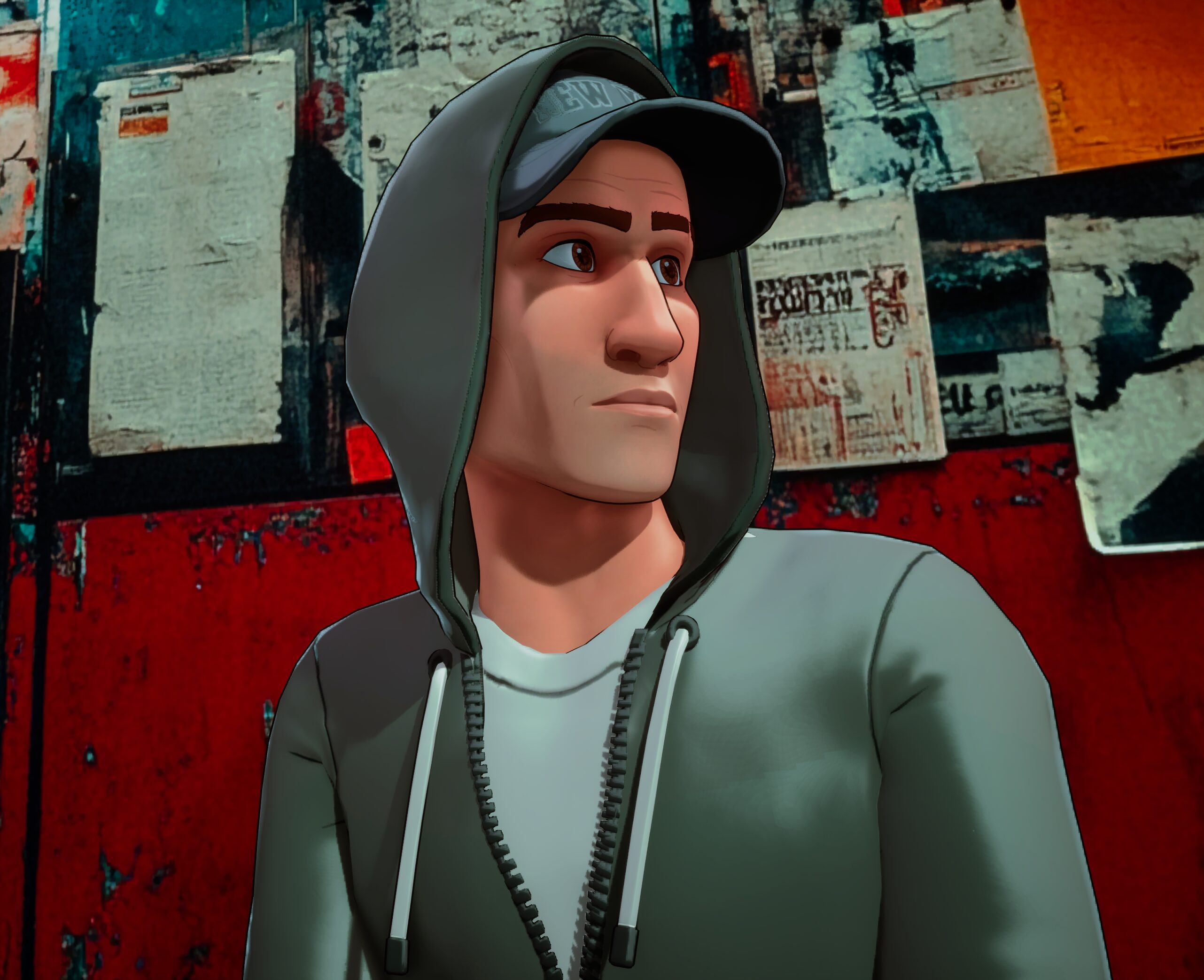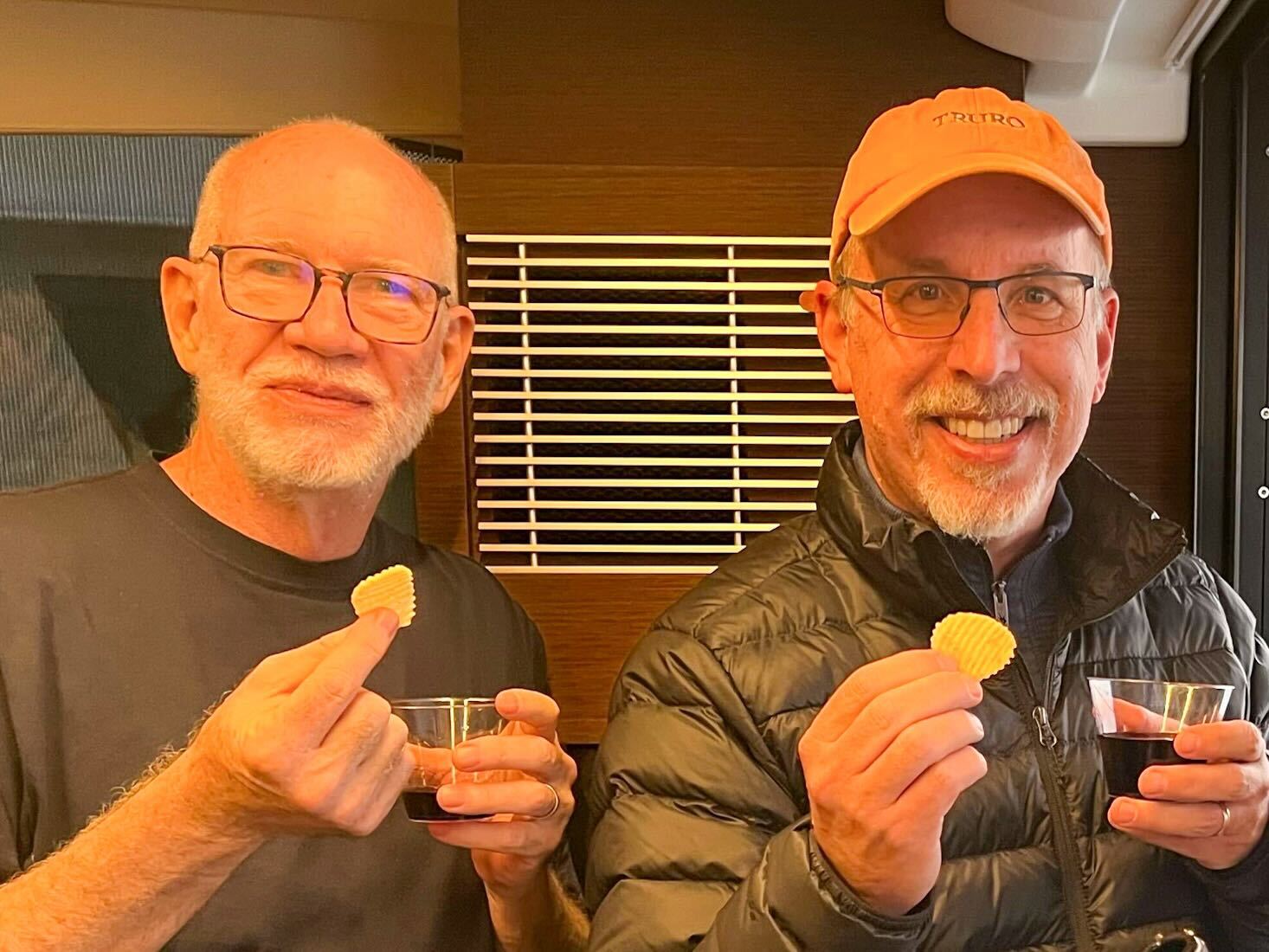
Dev Blog 001: Stepping Out of the Shadows
- Operative Games is bringing a new kind of storytelling to the world, delivering characters and stories from world class writers, brought to life by our proprietary AI Story Engine.
- The Operative, our flagship title, places players at the very center of a narrative-driven immersive spy-thriller experience.
- The Operative isn’t a game that you play – it is an experience that you live. Players step into a fast paced story, already in progress, and must hone their spycraft skills in order to help the characters survive the dangerous situations that they find themselves in.

Do you remember the moment that sparked the idea for this project (The Operative)? If so, what was it?
- Jon Snoddy: “There was a moment years ago when I was sitting with a character animator at Disney as he was drawing a lead character for one of the Disney animated classics. The level of care that went into making these characters struck me as amazing. He would sketch a bit, then watch some of the video from the voice acting session, then make a face into a mirror and sketch it or walk back and forth, acting out the scene to figure out how the character would move, then sketch some more.
- I had this epiphany that artists have a way of capturing humanity and encoding it somehow into their work – whether it’s in a book or a film or a game – so we see through the work, all the way back to the artist that created it, allowing us to feel those real emotions even though we know it is just a story.
- As I’ve said often, it’s not a giant leap from there to, wow, what if you could really create characters like that that could stay alive, that we could jump into a world with and join them on a big adventure. For me, as I look back, that is when I really started thinking about this, about 20 years ago.”
- Jon Kraft: “Jon and I would periodically have brainstorms over the last 10 years about this idea. At the beginning, I thought, gosh, that that feels like that’s a long way off – but then we had a pretty long series of brainstorms about five years ago where we started to get serious about it.
- Initially, we were trying to figure out where these characters, or “smart avatars,” as we called them, were going to have the most impact. We had the idea to make them tutors, influencers or even newscasters. We were thinking we would first create these compelling characters, and then leverage AI so that they could be anything we wanted them to be and people could build real connections to them. That was when we started to get really excited about this, but it was still a moment where, you know, the path wasn’t 100 percent clear.”
- Jon Snoddy: “We started working on the building blocks of something like this in my time leading R&D at Disney. With a big organization like that, you can have teams working on various projects, so we always had at least one team working on some aspect of this. Looking back, it is easy to forget what a difficult road it has been. For a long time, the biggest hurdle was speech recognition. It was really hard, especially back then, to make that work. Eventually, when it started to really work, the first thing I thought was ‘okay, we’re on our way now.’ But there was still a lot of work to be done.
- We’d record thousands of lines for a five-minute demo just to make it feel like random access, as if you could say whatever you wanted. In fact, you really couldn’t – it was just a way to brute force it. It was hard to be sustainable or really conversational, and even with all that work, it still didn’t feel human.”
What, then, made this feel like the right moment to bring the idea to life?
- Jon Snoddy: “As LLMs started to really work,, we realized, ‘okay, I think maybe we are on our way to having the dialogue for our interactive characters.” That was huge. Suddenly, we were thinking at a higher level, starting to think about introducing personality, emotion, interests – all the things that make characters feel human.”
- Jon Kraft: “With LLMs becoming so powerful, it just felt like the obvious moment, like, ‘if we don’t do it now, someone else is going to do it.’
- Since Jon had the vision for this so early, and our idea for an interactive storytelling experience enhanced by AI had started to crystalize, we were ready to execute something tailored to what the technology could do. We just realized, ‘okay, now is the time.’
- There’s a great quote, ‘Luck is when preparation meets opportunity’ and this felt like our lucky moment.”
What are the guiding principles that you have brought to Operative Games? What kind of studio culture are you building?
- Jon Snoddy: “I’ve built a lot of organizations. Culture isn’t something your boss ships in and drops on your desk. Our culture is carefully and purposely created by us. And we will build it – whether we like it or not. So if we’re not mindful and active about making it good, it won’t be good.
- We all have to be vigilant, we all have to contribute. There are no grownups here. It’s just us. That means we have the chance to build something extraordinary if we stay intentional about it.
- In a big organization, you can afford to have a brilliant scientist who never talks to anyone, who writes a white paper and slides it under the door. You can do that with 250 people. But in a small team, we can’t afford that – this has to be about collaboration.
- Since we’re distributed, that throws a real wrench into the gearbox. You’re not going to run into anyone at the coffee machine. But we still have to build connections intentionally, so we’ve built mechanisms that bring us together – get us to talk, care about each other, feel ownership of the ideas, and ownership of the product.
- At the same time, we expect excellence. Not just good work – excellent work. And we hire people we think are excellent, who collaborate, who are smart, passionate, and love this stuff. And it matters. I owe it to the team to make sure that whoever we bring in next is operating at that same level. Otherwise, it’s insulting to the people already here who are giving it their all.”
What makes you most excited about the project now?
- Jon Snoddy: “What’s been amazing is watching the characters come to life. There was this bizarre moment where I gave one of our writers a phone number and said, ‘Call Daniel.’ He literally called a character he’d been writing. It was wild.
- For a writer who gets used to talking to characters in their head, when you get to literally write what’s happening to them and then talk to them about it directly? That’s a whole new experience.
- I’ll check in and ask, ‘How’s it going with Daniel?’ and the team will tell me, ‘Oh, you won’t believe what happened to him!’ It’s like these characters are living their own lives. That’s thrilling to watch.”
On a more personal note, do either of you have a favorite video game?
- Jon Kraft: “When my kids were younger, we got our hands on the Wii version of World of Goo. On the surface it’s a physics game, but really it’s this moody, narrative-driven experience pretending to be a physics game. You’re constantly solving puzzles, and while some are straightforward, like building a bridge, others have these unexpected mechanics. Maybe you have to set a goo ball on fire, and that fire creates all kinds of ripple effects.
- What really stood out was the atmosphere – the story, the sounds, the music. It all came together to create something that felt much bigger than a puzzle game. I was honestly sad when we reached the end. It became a very meaningful, shared experience. Even now, we still refer back to our time playing it.”
- Jon Snoddy: “When Halo came out, my sons were at an age where they were just starting to play video games and it became something that we played together. For us, it was a place. We played in split screen mode on a big TV and we had maps that were our favorites and we got to know where each other would hide and tactics and things like that.
- It felt almost like a park that I would go to with my kids and we would play and hang out together and laugh and have a great time. I guess, for me, it was an amazing game because of how it fit into the life of my family.”
We are incredibly proud to be able to share our vision for Operative Games and The Operative – and even more excited to have you with us to see this mission through to the end.
Our next installment of our Dev Blog will be a deeper dive into The Operative itself, introducing you to our story and the cast of characters that you’ll have the opportunity to get to know.
In the meantime, if you’ve got questions or thoughts, don’t be afraid to share them with us in our Discord – we are listening!
Until next time,
Stay sharp, agents!
-Operative Sprout and the Operative Games Team
